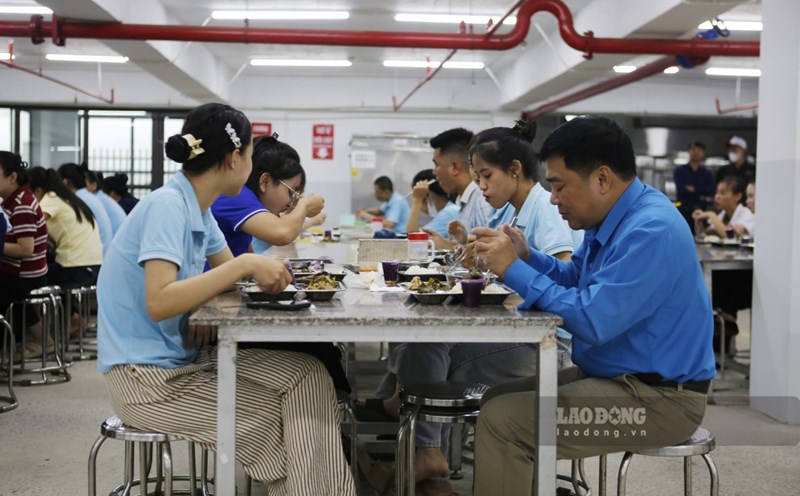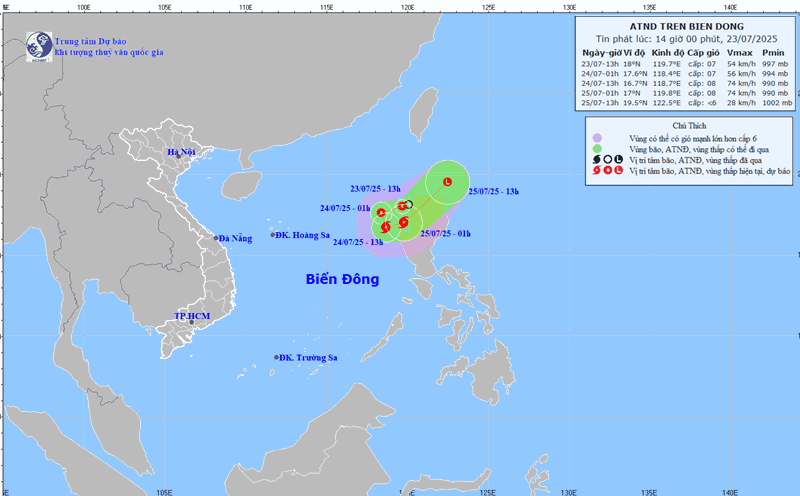The leaders of China and the European Union (EU) will meet in Beijing on July 24 to attend the summit to celebrate the 50th anniversary of diplomatic relations.
Trade tensions between the European Union (EU) and China have lasted for many years with many complex developments, stemming from political disagreements and competition in the global supply chain. From sanctions related to human rights issues to a series of investigations into anti- dumping and anti-subsidy, the two sides are gradually shifting from cooperation to confrontation in many fields.
Starting in March 2021, the EU imposed sanctions on four Chinese officials over allegations of human rights violations in Xinjiang. In an immediate response, Beijing imposed sanctions on 10 EU politicians and consulting bodies. This has led to the European Parliament suspending the ratification process of a comprehensive investment agreement with China in May 2021.
By the end of 2021, tensions increased when China successfully banned imports of goods from Lithuania. The situation continued to escalate when European Commission President Ursula von der Leyen emphasized in March 2023 that the EU needed to "reduc the risk" of dependence on China in trade and the supply chain.
The EU has since launched several anti-subsidy and anti-dish sale investigations into Chinese goods, starting with electric vehicles in September 2023. Then, in April 2024, the EU expanded its investigation into Chinese wind turbine suppliers. In response, Beijing also conducted anti-dumping investigations on strong alcohol, pork and dairy products imported from Europe in 2024.
Tensions reached a peak when in October 2024, China imposed a temporary tax rate of up to 34.9% on brandy from Europe. A few weeks later, the EU announced a tax of up to 35.3% on Chinese electric vehicles within 5 years, although it was still open to negotiations.
The situation seemed to ease in early 2025 when Ms. Von der Leyen called for expanding trade and investment relations with China on the day Mr. Donald Trump took office as US President. In April of the same year, China lifted part of its sanctions on EU lawmakers and organizations.
However, by June, the EU banned Chinese companies from bidding for medical equipment exceeding 5 million euros. China immediately responded by restricting state agencies from purchasing European medical equipment worth over 45 million yuan ($6.3 million).











